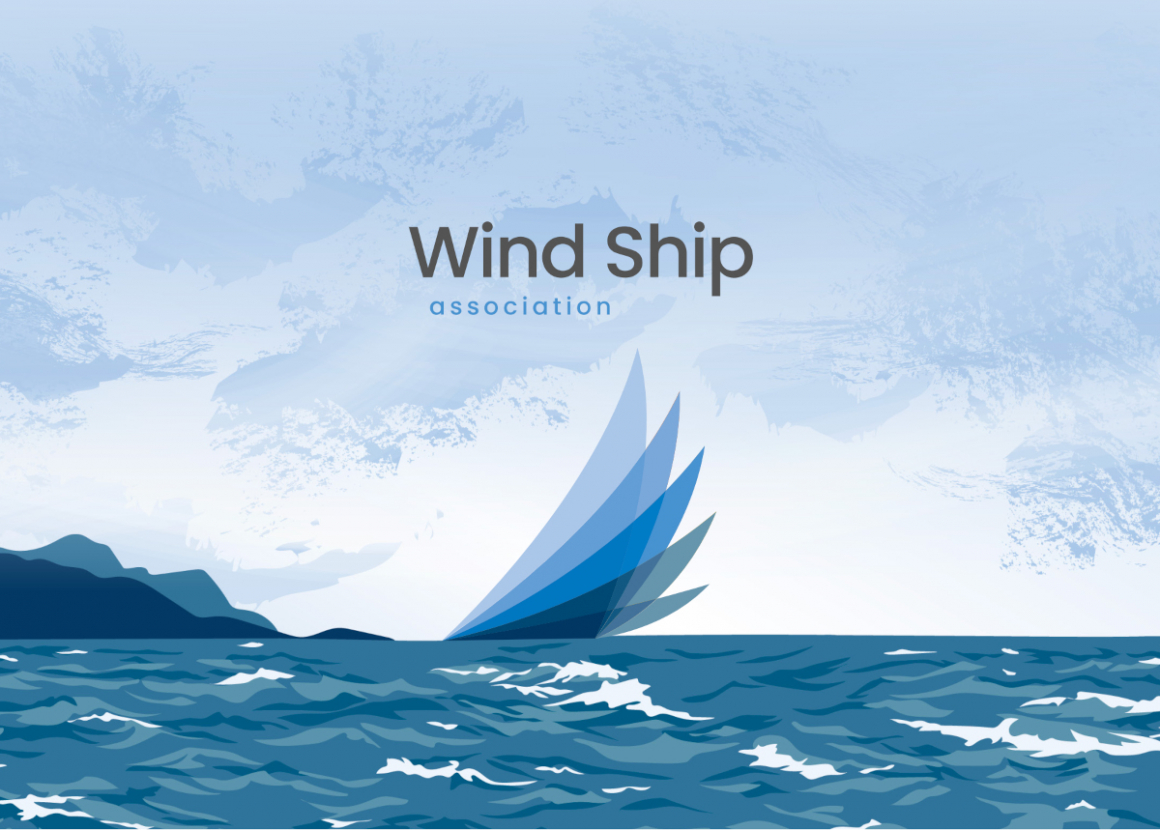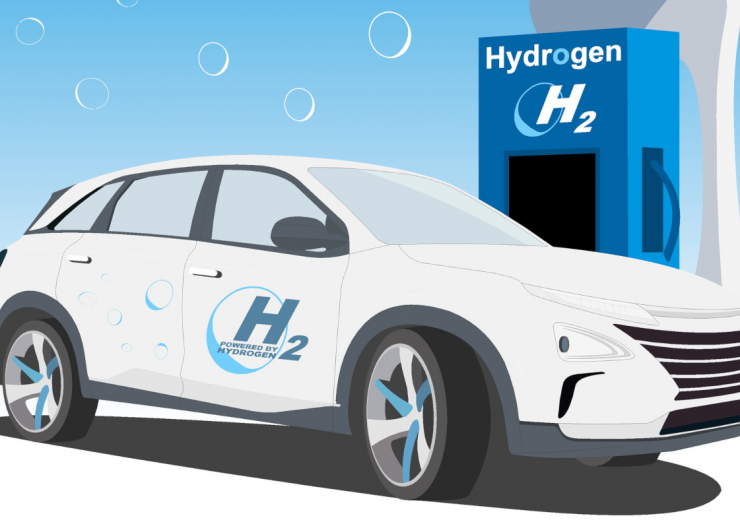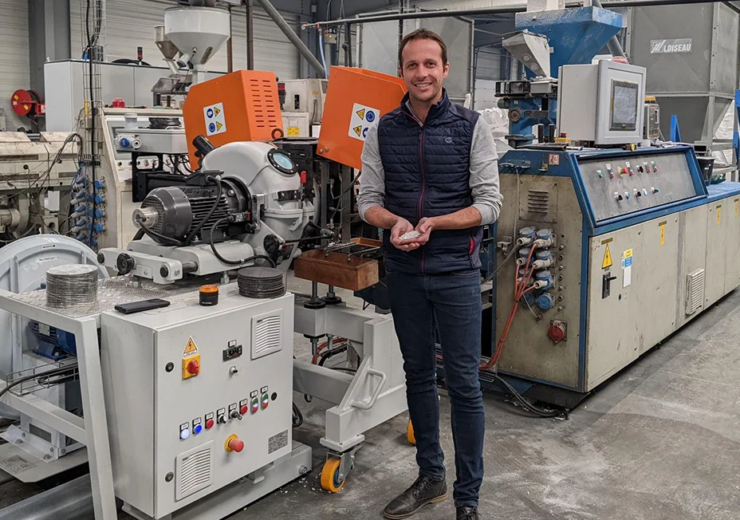Wind Ship association acts to raise awareness about wind propulsion solutions in maritime transport. The organisation, which is based in Atlantic France, has recently published a white paper focusing on the means of implementing wind power to help accelerate the fast deployment of this technology.
Maritime transport is responsible for 3% of global greenhouse gas emissions. Based on a polluting model which is dependent on fuel oil, the current industry is incompatible with the objective of decarbonising the planet.
In order to comply with the new EU regulation and to achieve the goal set by the International Maritime Organisation (IMO), which is to aim to halve the sector’s emissions by 2050, the sector needs to adapt.
Speed-up the ecological transition of maritime transport
Created in Nantes in 2019, Wind Ship brings together pioneering companies in the field of wind power and members of civil society who wish to support the development of wind-propulsion solutions. The association, that brings together equipment manufacturers and shipowners who are convinced by wind propulsion, has just published a white paper on the subject.
According to this document, wind propulsion can reduce greenhouse gas emissions by 5 to 20% for ships already in circulation, through retrofitting, and by 30% for new ships under construction. Plus, this technology comes with other benefits such as the absence of noise pollution, usually caused by engines.
Call for state funding to help the sector drive decarbonisation
In Atlantic France, many innovative projects are being carried out or planned by different companies, such as Zéphyr & Borée with its sailing container ship that will reduce gas emissions by 35%, Neoline’s Neoliner which cuts down fuel consumption by up to 90%, and Airseas with its giant automated kites that can be added to existing ships to reduce their emissions by 20%.
To help other shipping companies with their ecological transition, governments need to support the maritime industry’s actions towards a net-zero future, according to Wind Ship. The association suggests financial aid based on a German model, which covers up to 55% of the investment and installation costs of a wind-powered system.
In partnership with Nantes Saint-Nazaire Développement, the Wind Ship association organised the first edition of Wind For Goods in September. The event is an international summit dedicated to wind-powered maritime transport and has been a great success.


 日本語
日本語  Français
Français 



